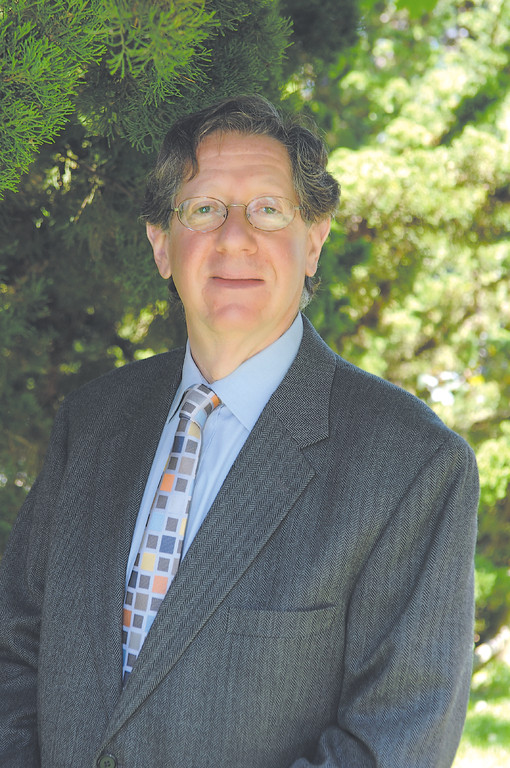Thanksgiving Jewish legacy
Two years ago Rabbi Moshe Sokolow of Yeshiva University penned an essay entitled, “Thanksgiving: A Jewish Holiday After All,” wherein he cited the following historical item that was recently highlighted in an excellent expository essay by Rabbi Meir Soloveitchik of Congregation Shearith Israel entitled, “G-d’s Providence and the United States: A Thanksgiving Reader on Judaism and the American Idea” [Torah To-Go, Nov. 2013, YU ].
According to Rabbi Sokolow, “Fleeing from persecution in England, the Pilgrim passengers on the Mayflower brought along their principal source of religion and comfort: the Bible. One particular edition of the Bible, published in 1618, is known to have been in the possession of none other than William Bradford, who would later serve as governor of Plymouth Colony. This edition was supplemented by the annotations of a Puritan scholar named Henry Ainsworth [1571–1622].
“Shortly after landfall in November 1622, Bradford led the new arrivals in thanking G-d for the safe journey that brought them to America by reciting verses from Psalm 107. Curiously, Ainsworth’s annotations to verse 32 of that Psalm contain the following remarks [spelling in the Old English original]:
“ ‘And from this Psalm, and this verse of it, the Hebrues have this Canon; Foure must confess unto G-d, the sick, when he is healed; the prisoner when he is released out of bonds; they that goe down to sea, when they are come up [to land]; and the wayfaring men, when they are come to the inhabited land.’ The source for as cited by Ainsworth is ‘Maimony in Misn. treat. Of Blessings, chap. 10, sect. 8’.”
Rabbi Sokolow continues with the further fascinating observation: “If any of this looks familiar, it is because Ainsworth essentially copies over an English version of Maimonides’ Mishneh Torah, Hilchot Berachot 10:8, which prescribes the four conditions under which ‘Birkat Ha-Gomeil, the blessing after being spared from mortal danger [itself derived from Psalm 107], is to be publicly recited.”
Rabbi Soloveitchik, in his essay, goes further with the following teaching:
“That Bradford chose the 107th Psalm as the source of Puritan gratitude to G-d cannot be a coincidence, and it is not too much of a leap to draw an intellectual link between the ‘todah’ [thanksgiving in Hebrew] and the Thanksgiving that we know today. As Rabbi Moshe Sokolow notes, this ‘vestige of Jewish influence on the religious mores of the United States is worth our acknowledgment and contemplation -- and, of course, our thanksgiving’.”
As for the role played by the recitation of Psalm 107, Rabbi Elchanan Samet, in his analytical study of this psalm, makes note in his introduction of the following:
“Psalm 107 is not a psalm of thanksgiving in the usual sense of the term. It is not an expression of gratitude to G-d on the part of an individual speaking in the first person and recounting what had happened to him and how he feels about it. Nevertheless, it is appropriate to include our psalm among the psalms of thanksgiving in the book of Tehillim and perhaps even place it at the top of the list, because it spells out the ‘theory of thanksgiving’ — in what situations is one obligated to offer thanksgiving, and how does one fulfill this duty.” [Virtual Beit Midrash: Sefer Tehillim, Lecture 54:Psalm 107.]
As we seriously consider the Jewish connections to the American civic holiday of Thanksgiving, please give further consideration to the above teachings. Unfortunately, the pop history that passes for serious scholarship by many of the uninformed within our community have yet to come to terms with the examples and historical facts as brought forth, and briefly cited above, by Rabbi Sokolow and Rabbi Soloveitchik.
Next week I hope to present further examples of the role that the concept of thanksgiving plays in the ethical teachings of the Jewish faith.

 50.0°,
Overcast
50.0°,
Overcast 




